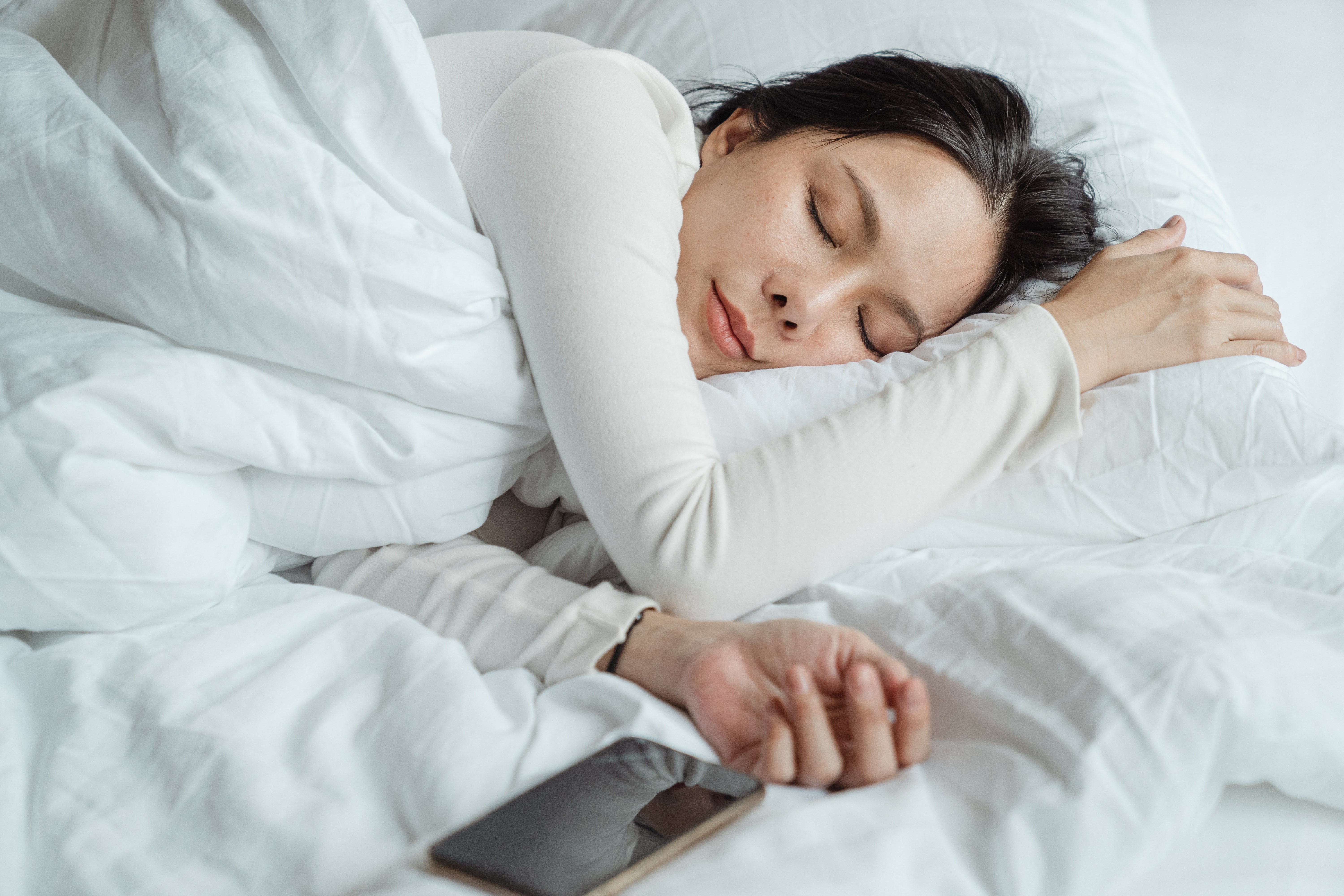
World Sleep Day: Why we should make sleep a priority
Sleep is one of the most important routines to maintain to keep the rest of your life balanced.
By Kristen McEwenDr. Colin Ellis (MD), an assistant professor in the Division of Respirology, Critical Care and Sleep Medicine, explained how important sleep is and why it’s necessary to place a priority on this routine.
“Anyone who has lost sleep, or has been sleep deprived, knows sleep is important,” Ellis said.
However, the importance of sleep has not always been recognized. Ellis noted that even Thomas Edison famously thought that sleep was a waste of time.
“The paradigm has shifted quite a bit now, and people recognize that sleep is actually an important process – otherwise why would we sleep for about a third of our lives?”
Sleep is important for a number of things, including balancing bodily processes, memory and regulating symptoms similar to anxiety and depression. Without sleep, individuals have poorer response times, shorter attention spans, and lower ability for complex thinking such as logical reasoning.
Studies have shown reduced and decreased levels of sleep lead to worse job performances, Ellis noted. And individuals are at higher risk for micro-sleep – falling asleep for a few seconds at a time.
Barriers to a good sleep
“One of the biggest barriers to good sleep is not making it a priority to get a good night’s sleep,” Ellis said. “There’s so many things out there vying for our attention and our time nowadays.”
Ellis noted that increased screen time due to electronic devices and internet streaming services, along with interests such as education and work are all competing for our attention.
“We’re trying to balance family, work and have a social life. Often we’ll just borrow time from sleep.”
With more people working from home due to the COVID-19 pandemic, clear boundaries for work hours are becoming grey areas for some people, Ellis said. It’s easier to work longer hours, cutting into their personal time, he added.
Sometimes people try to compensate for lost sleep by climbing into bed early, even when they don’t feel tired.
“Anyone who’s had difficulty sleeping knows that the harder you try to fall asleep, the less likely you will be able to fall asleep,” he added.
The action of spending more time in bed, but not sleeping, loosens the body’s association between sleep and the bed or bedroom environment.
“It makes it less likely to fall asleep, it’s somewhat counterintuitive,” he said. “The long-term effect of this results in insomnia eventually.”
“The pressure that you put on yourself makes you your own worst enemy sometimes,” Ellis added.
Practicing good sleep hygiene
Behaviours and actions that put yourself in the best position to sleep are called “sleep hygiene.”
Best sleep hygiene practices include:
- Establishing a wind-down routine at the end of the day
- Not exercising two hours before bedtime
- Not drinking caffeine in the afternoon, or evening
- Limiting alcohol consumption before bed
- Sleeping in a cool, dark environment
- Wearing comfortable bed clothing
- Removing electronics from bedroom – TV, smartphone, tablets, computers
- Not working from the bedroom
A consistent routine including a regular wake up time, every day of the week, is beneficial to keeping a sleep routine, Ellis said. This also means trying to not sleep-in on weekends.
“It’s important to try and keep a regular routine for sleep,” Ellis said. “We are creatures of habit and routine.”
